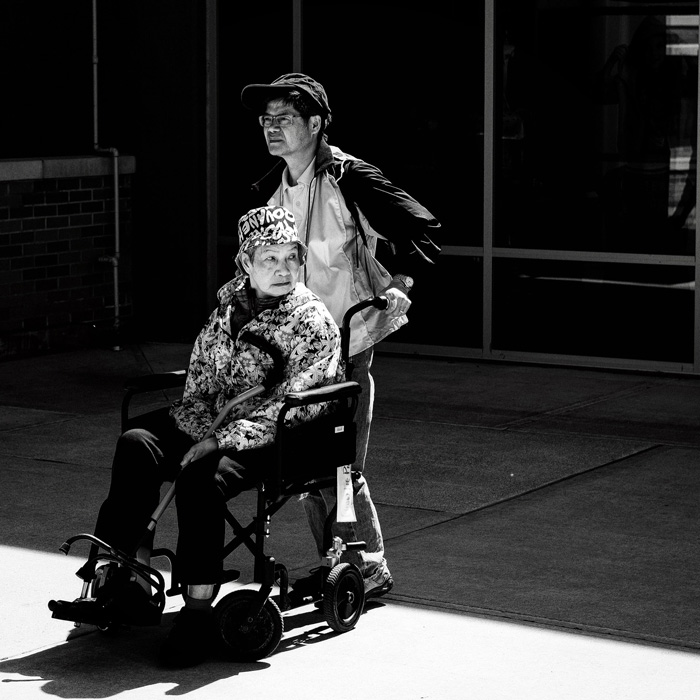by Alayna Steward
For many Americans, choosing to get married could lead to illness or death.
Many people over the past few years have expressed their excitement that the fight for marriage equality is “finally over” with the legalization of same-sex marriage. For disabled people, the fight is still ongoing.
It is not talked about nearly enough, but Supplemental Security Income (SSI) constraints are a very real human rights issue, as well as a healthcare one. SSI is a federal program that helps disabled people (and many elderly) who live in poverty. It provides money for food and other basic needs. It is a needs-based program, and while beneficial, is currently counterproductive to helping disabled persons fulfill their right to marriage equality.
Marriage penalties are triggered when one or two disabled persons marry, reducing their benefits by 25 percent (Impact | Volume 23, Number 2). Even if those two are not legally married, their benefits will be reduced if they present themselves as a couple—meaning they cannot live together if they want to continue receiving benefits. If only one person in the relationship is receiving SSI, their benefits may also be reduced, or they may not be considered eligible to receive those benefits. This means that many disabled people have to choose between getting married or losing benefits—benefits that may be the only things keeping them alive.
Monetary restrictions place enormous burdens on the disabled participating in SSI. In order to be eligible, a disabled individual cannot have more than $2,000 in the bank, and a couple receiving SSI cannot have more than $3,000 combined (Impact Volume 23, Number 2). This forces disabled people, and possibly potential partners, to remain impoverished just so they can receive benefits. Restrictions prevent disabled people from being able to save up for large purchases and maintain emergency funds. This lack of financial stability is based on the idea that disabled people cannot drive, live by themselves, or attend a university; therefore, they don’t need the money to do any of that.
In most states, if a person is eligible for SSI, they are also eligible for Medicaid. Medicaid is a type of healthcare insurance that covers what many other insurances will not: medications, medical equipment, personal aid, and even transportation to appointments. Without these things, many people cannot live or function properly. Even those who are not considered disabled would not be able to live a full life without Medicaid (What Does Medicaid Cover?). Personally, without prescription drugs, medical equipment, inpatient hospital visits, and therapy, I would either not be alive right now, or I would be very sick.
Forcing people to choose between getting married to the love of their life and literally being alive is extremely cruel. To so many, marriage is such an important way to announce their love to the world. Think about why it was so important to so many people that same-sex marriage be legalized—it is a basic human right. It’s time we start recognizing SSI restrictions as a serious violation of human rights and begin calling for change. We will never have total marriage equality in the United States until disabled people can be married without consequence.
To find out more about disability activism and how you can help, check out the resources below:
Research: Treatment of Married Couples in the SSI Program
Disability Justice Is LGBT Justice
Honoring 30 years of the ADA | PFLAG
Contact your elected officials and ask them to bring up the issue at work: How to Contact Your Elected Officials
About Alayna Steward

Alayna Steward is a sophomore at Bradley University majoring in Music Business. They have been invested in music and writing their entire life. They are involved in a few musical groups on campus, including Bradley Chorale. They like strawberries, the color yellow, and cats. As a queer disabled person, Steward understands the importance of creative and self expression and having your voice be heard. They hope that their work will not only inspire readers, but also give them a voice and let them know that they are not alone.

